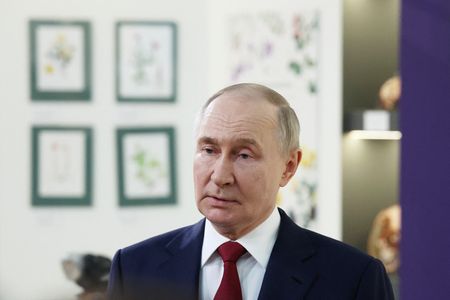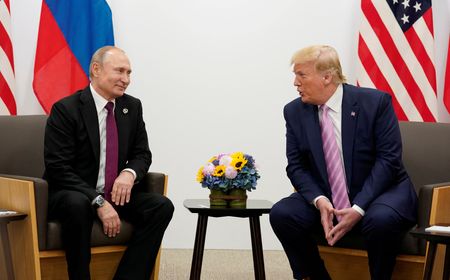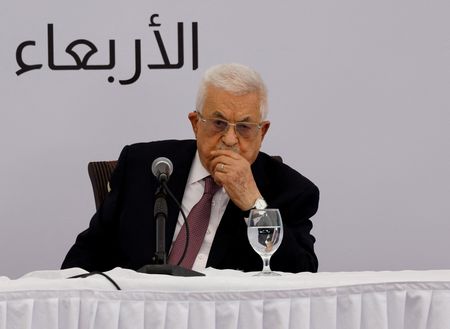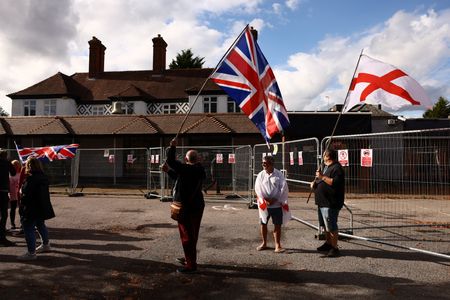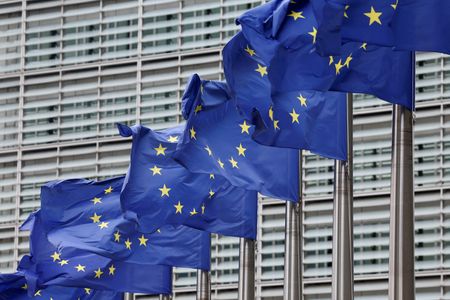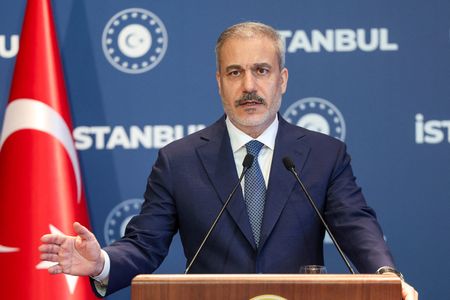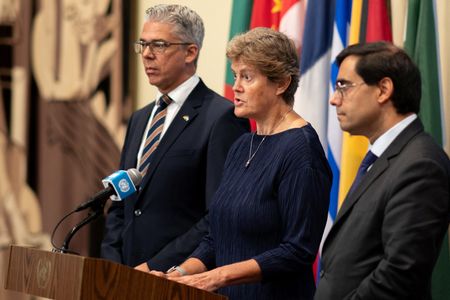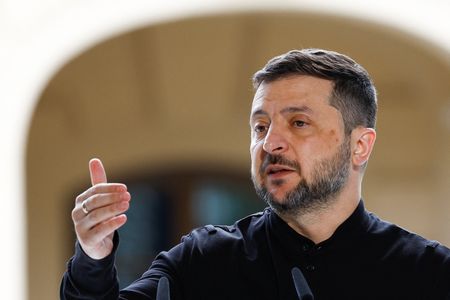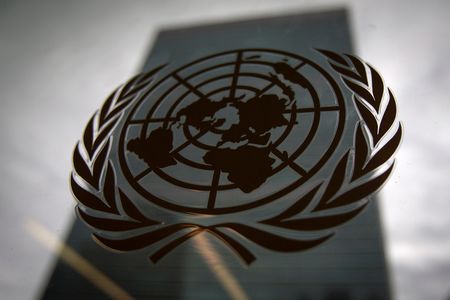By Vladimir Soldatkin
MOSCOW (Reuters) -Russian President Vladimir Putin, after a call with U.S. President Donald Trump on Monday, said that Moscow was ready to work with Ukraine on a memorandum about a future peace accord and that efforts to end the war in Ukraine were on the right track.
Putin thanked Trump for supporting the resumption of direct talks between Moscow and Kyiv, after the two sides met in Turkey last week for their first face-to-face negotiations since March 2022. He said that Trump noted Russia’s support for peace, though the key question was how to move towards that goal.
“We have agreed with the president of the United States that Russia will propose and is ready to work with the Ukrainian side on a memorandum on a possible future peace accord, defining a number of positions, such as, for example, the principles of settlement, the timing of a possible peace agreement,” Putin told reporters near the Black Sea resort of Sochi.
He said that as part of this work, the two countries would have to define a possible ceasefire, including its timeframe. Ukraine, its European allies and the United States have all urged Putin to accept an immediate, unconditional ceasefire lasting at least 30 days.
Putin added that the holding of direct talks between Russia and Ukraine “gives reason to believe that we are generally on the right track.”
“I would like to note that, on the whole, Russia’s position is clear. The main thing for us is to eliminate the root causes of this crisis,” Putin said. “We just need to determine the most effective ways to move towards peace.”
European leaders say Putin is not serious about peace, though they fear Trump and he may force a punitive peace deal on Kyiv that will leave Ukraine essentially shorn of a fifth of its territory and lacking a strong security guarantee against possible future attack from Russia.
Former U.S. President Joe Biden, Western European leaders and Ukraine cast Russia’s invasion as an imperial-style land grab and repeatedly vowed to defeat Russian forces which they say could one day attack NATO, a claim denied by Moscow.
Putin casts the war as a watershed moment in Moscow’s relations with the West, which he says humiliated Russia after the 1991 fall of the Soviet Union by enlarging NATO and encroaching on what he considers Moscow’s sphere of influence, including Ukraine.
(Reporting by Vladimir Soldatkin in Moscow and Maxim Rodionov, Darya Korsunskaya and Filipp Lebedev in London; Editing by Mark Trevelyan/Guy Faulconbridge)

